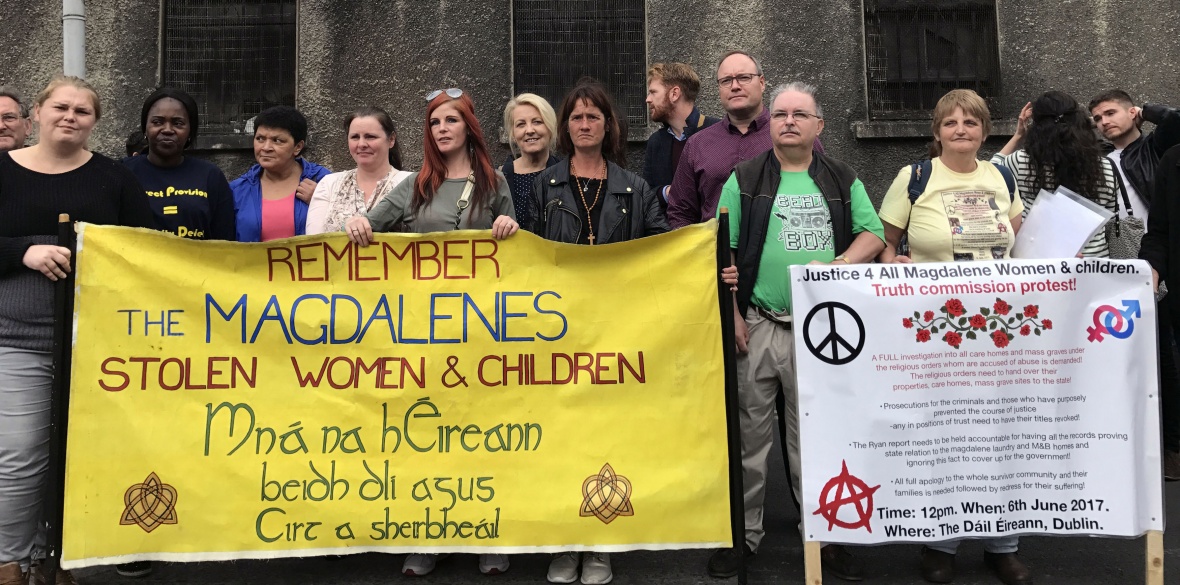This is the last article you can read this month
You can read more article this month
You can read more articles this month
Sorry your limit is up for this month
Reset on:
Please help support the Morning Star by subscribing here
THE United Nations will hear a landmark case that could pave the way for justice for the victims of the Magdalene Laundries scandal in Ireland, where thousands were abused by the Catholic Church.
Ireland has previously resisted UN investigations, which could have led to the perpetrators of the alleged abuse being held accountable for their actions.
Thousands of working class women were exploited and abused by the Catholic Church with the collusion of the state from the 1890s until the last Magdalene Laundry closed in Waterford in 1996.
Those who gave birth while unmarried also had their children taken from them in collusion with the state, which sent the babies to the Magdalene laundries where they would be placed under the care of nuns.
The women were subjected to a cruel and punishing regime as part of a so-called rehabilitation process, suffering physical and mental illness as a result.
A mass grave was discovered on the grounds of a former convent in Dublin in 1993. However, despite a formal state apology and the establishment of a €60 million compensation scheme, the Irish government has denied liability for the scandal.
Religious institutions have refused to contribute to the compensation of survivors of abuse despite calls from the Irish government and UN Committee Against Torture.
In what could be a landmark case, the UN Committee Against Torture has agreed to hear the case of Elizabeth Coppin, who spent five years in the church-run institutions.
Her claim is seen as a test case against Ireland, which she holds responsible for the years of abuse and terror suffered by her and other women.
She highlights a 2013 report which found thousands of “inmates” were sent to the laundries by the state, with those who escaped returned by the police.
Ms Coppin initially complained to the police about the abuse and regular beatings from the nuns. One nun, she explained, would grab her by the hair and swing her around while others starved her and locked her in cupboards. Nuns forced to her to wear soiled underwear on her head when she wet herself.
She told the New York Times that she tried to kill herself at the age of 12 by burning her clothes but despite being in severe pain was denied any pain relief.
"I will never come to terms with the past,” she said. “They violated my human rights, the basic principles of my life. What gave these men and the church the right to deny us our rights because we were women?”
If successful, the case could pave the way for justice for survivors of the abuse.










